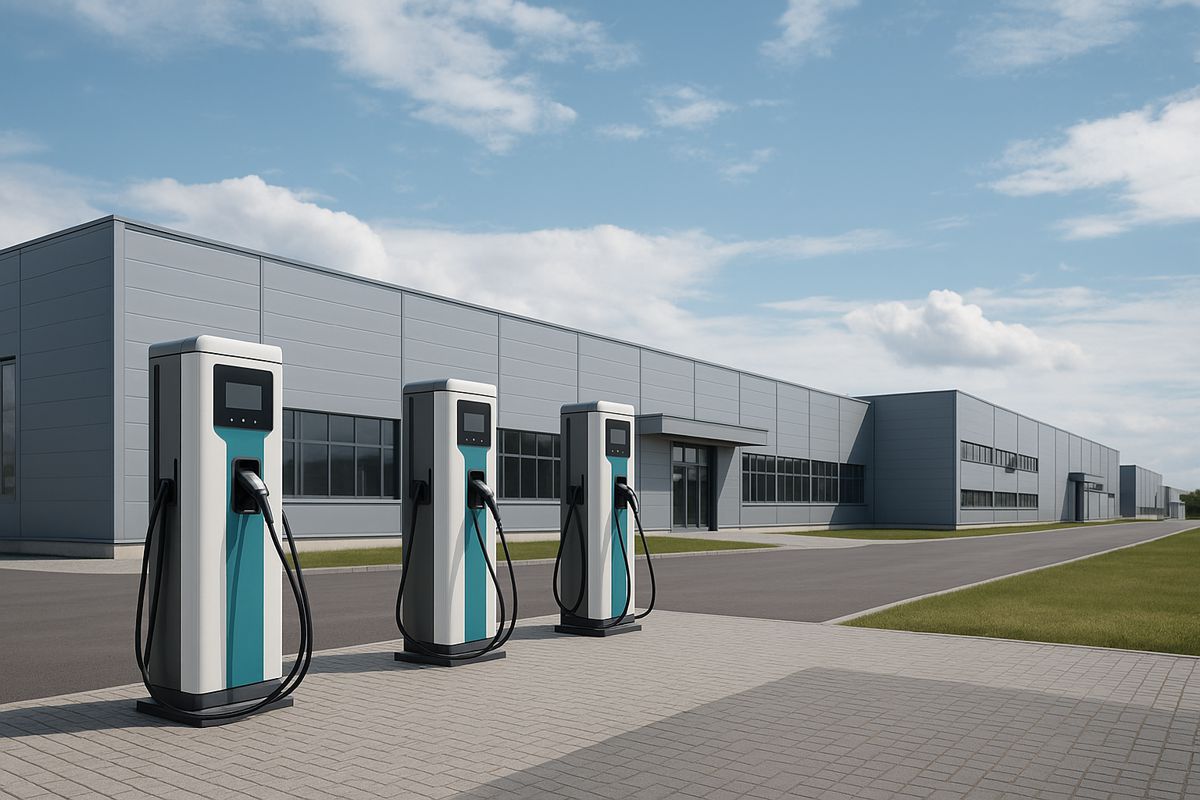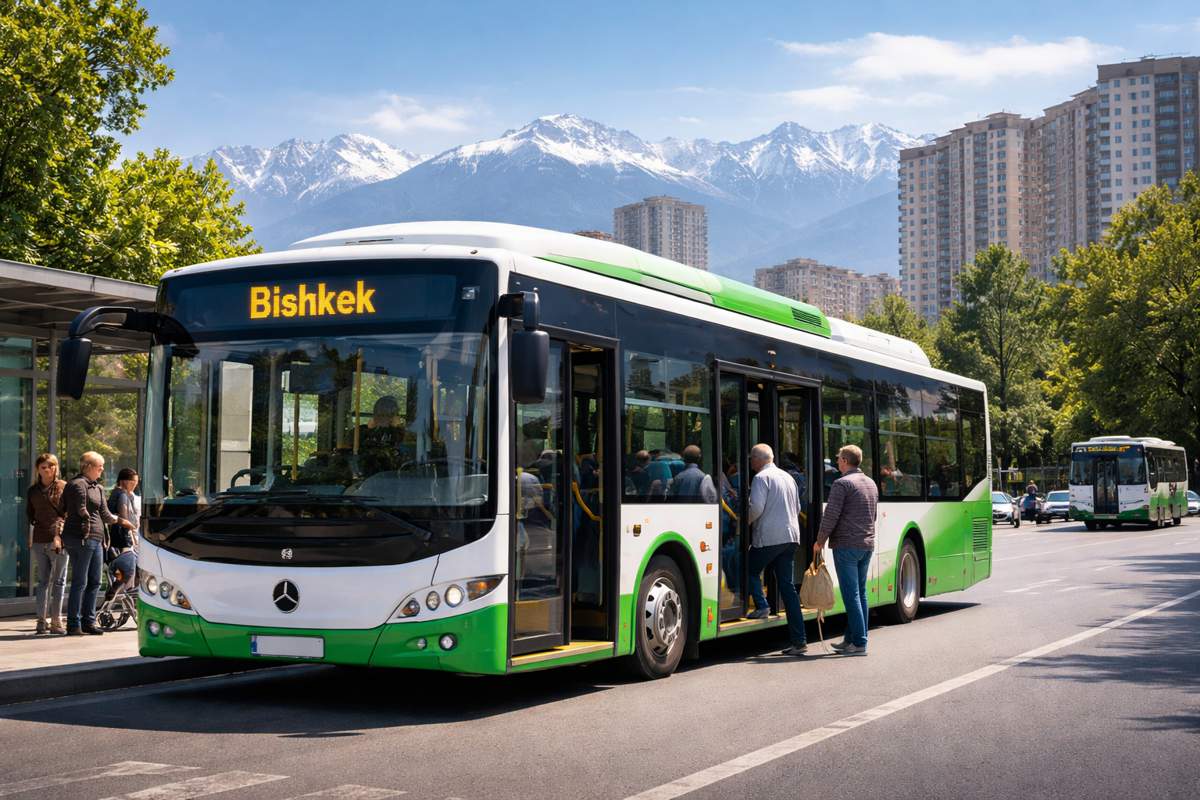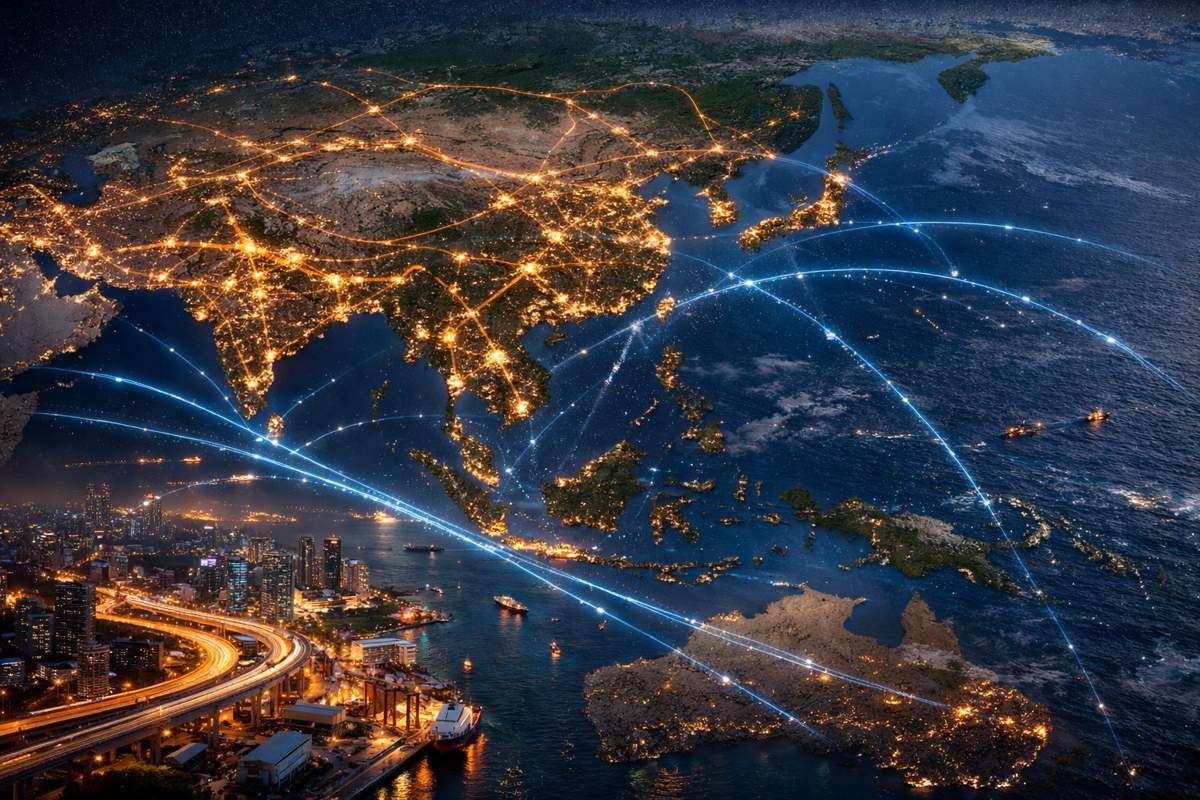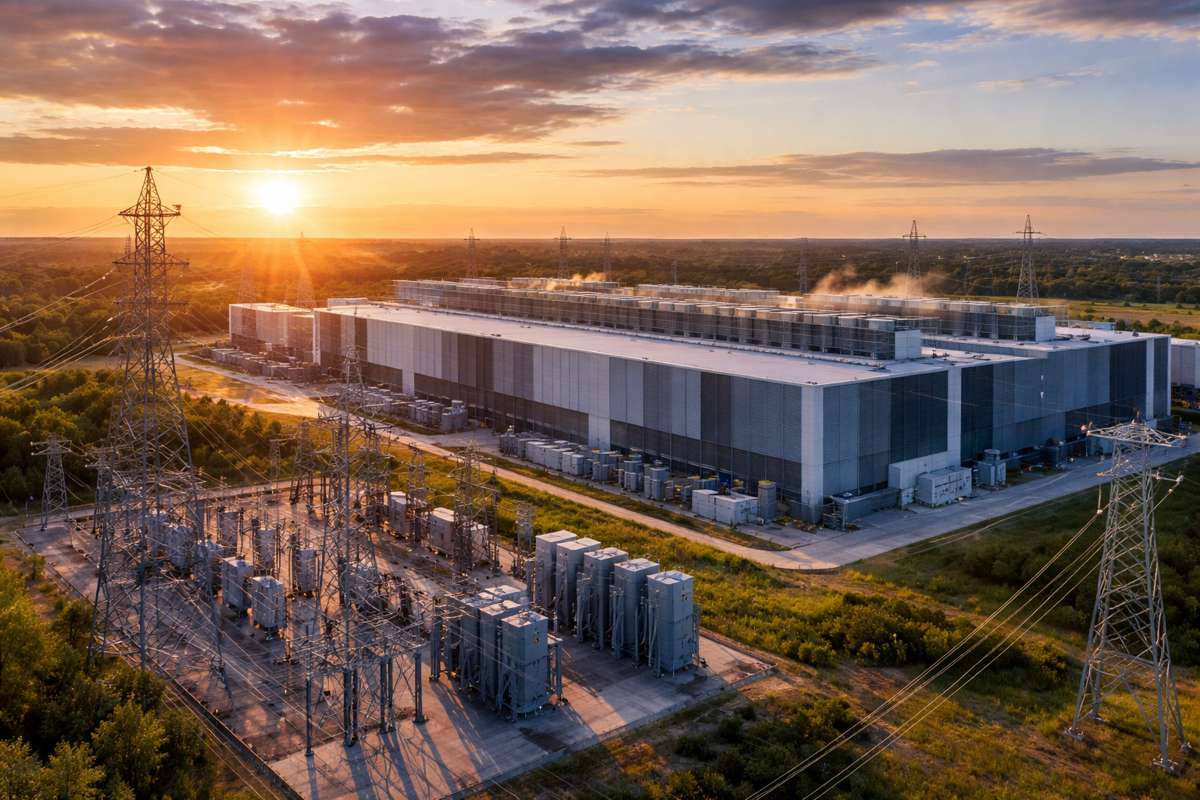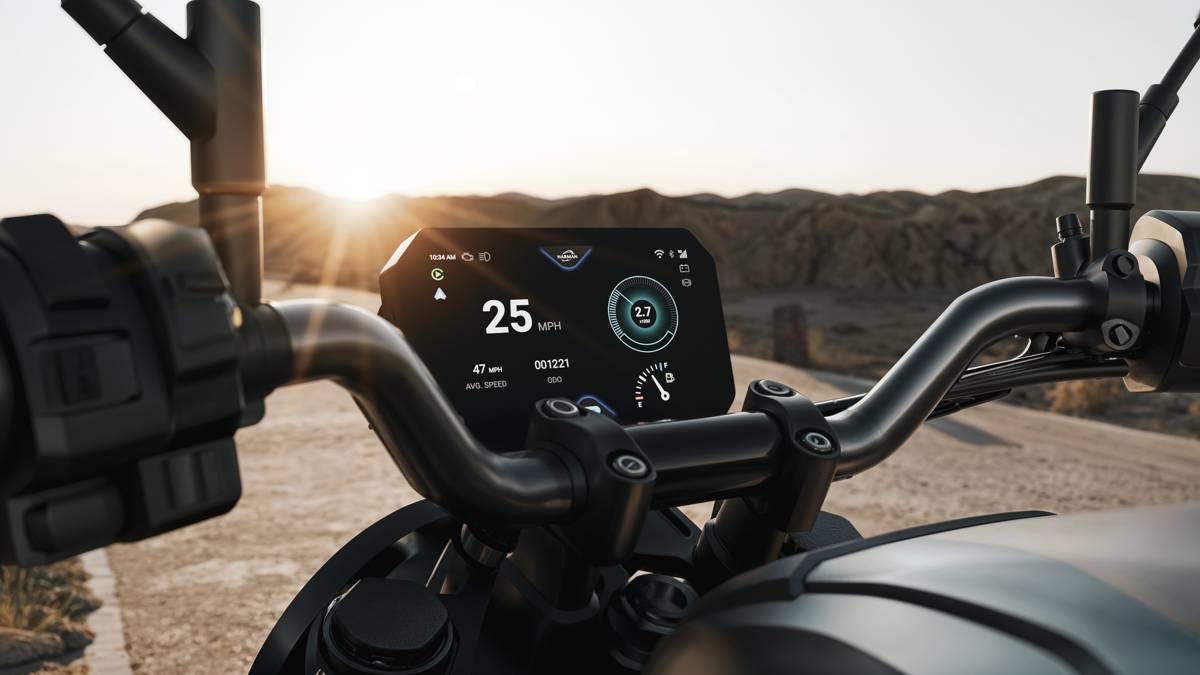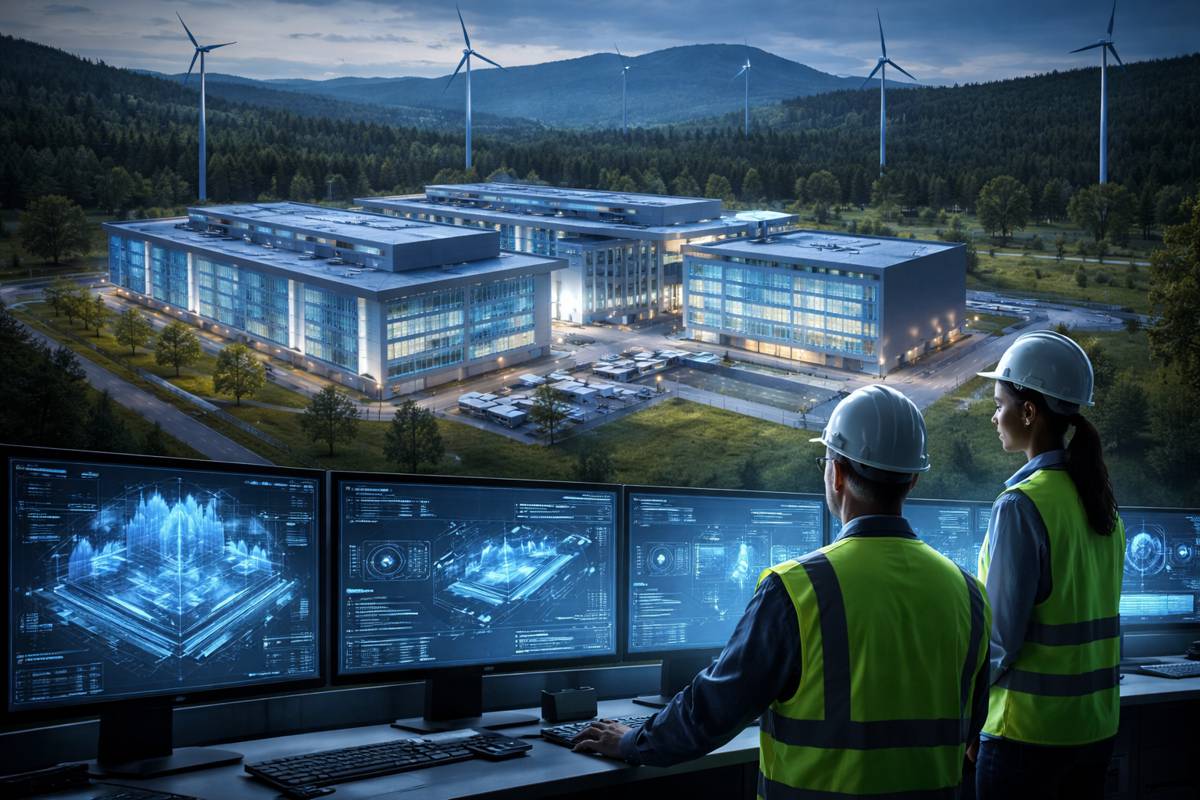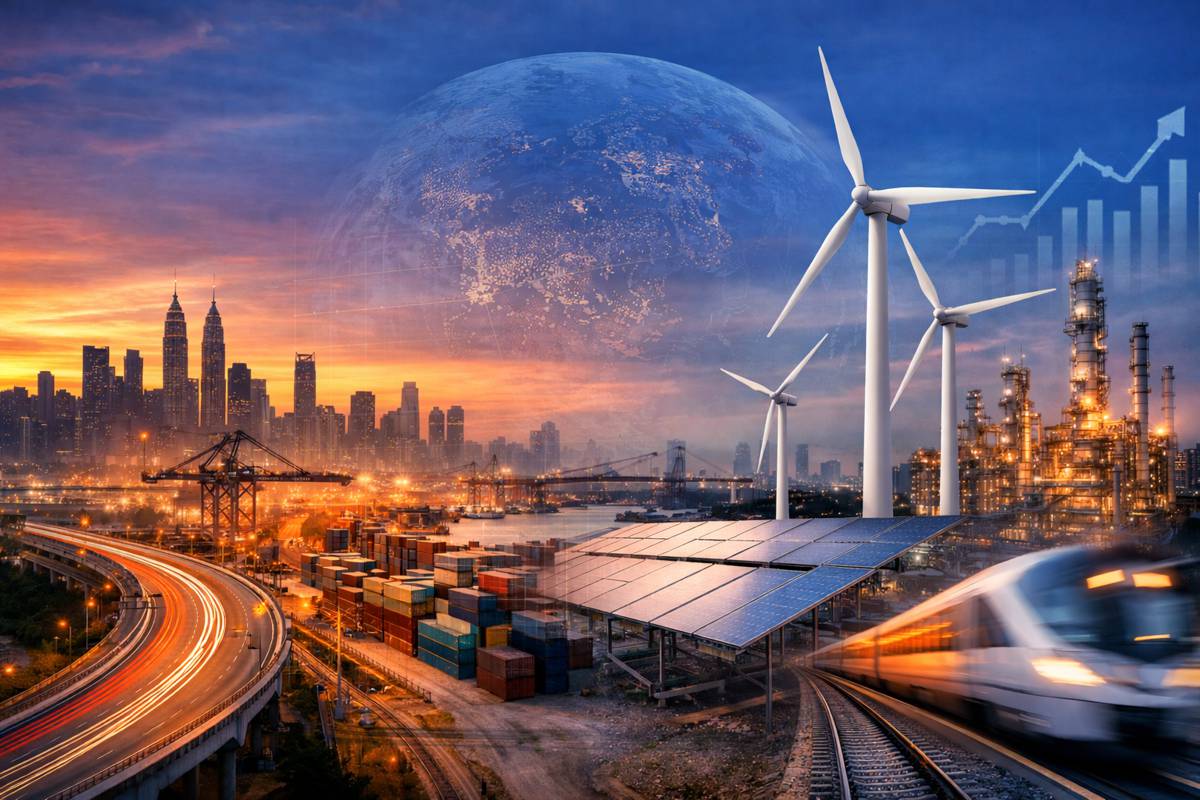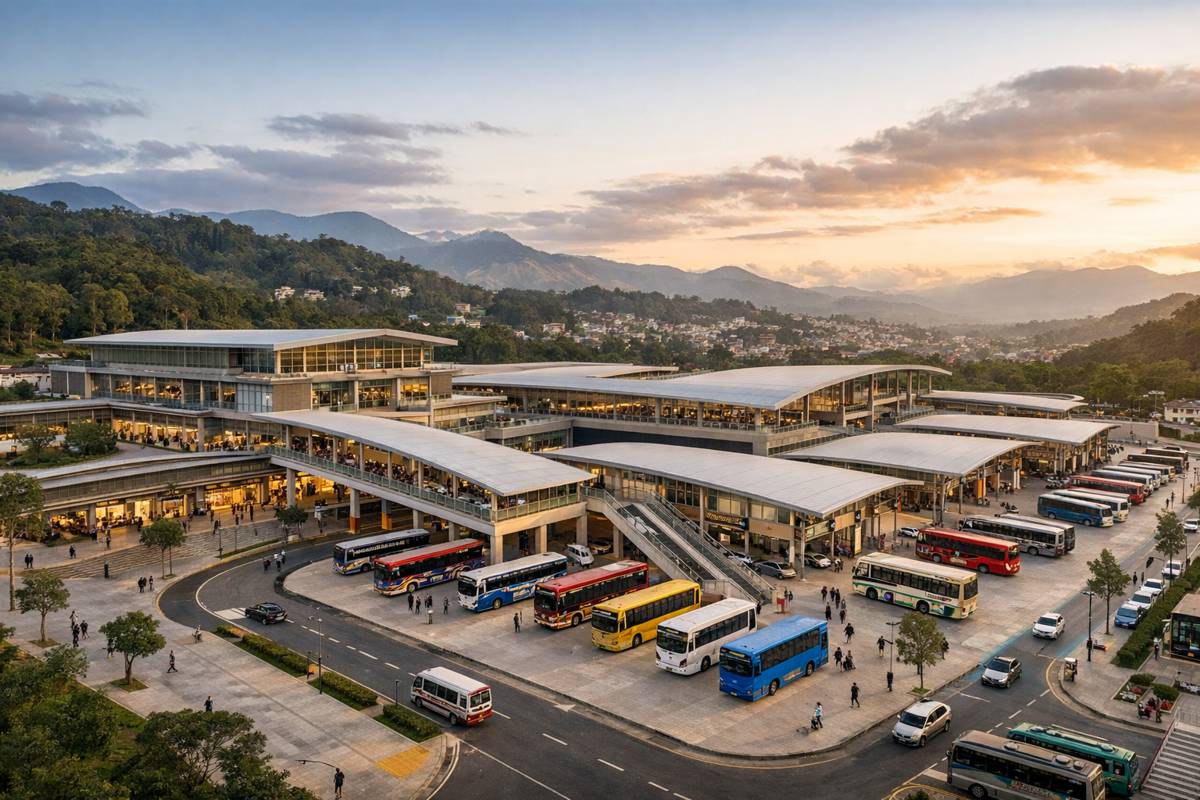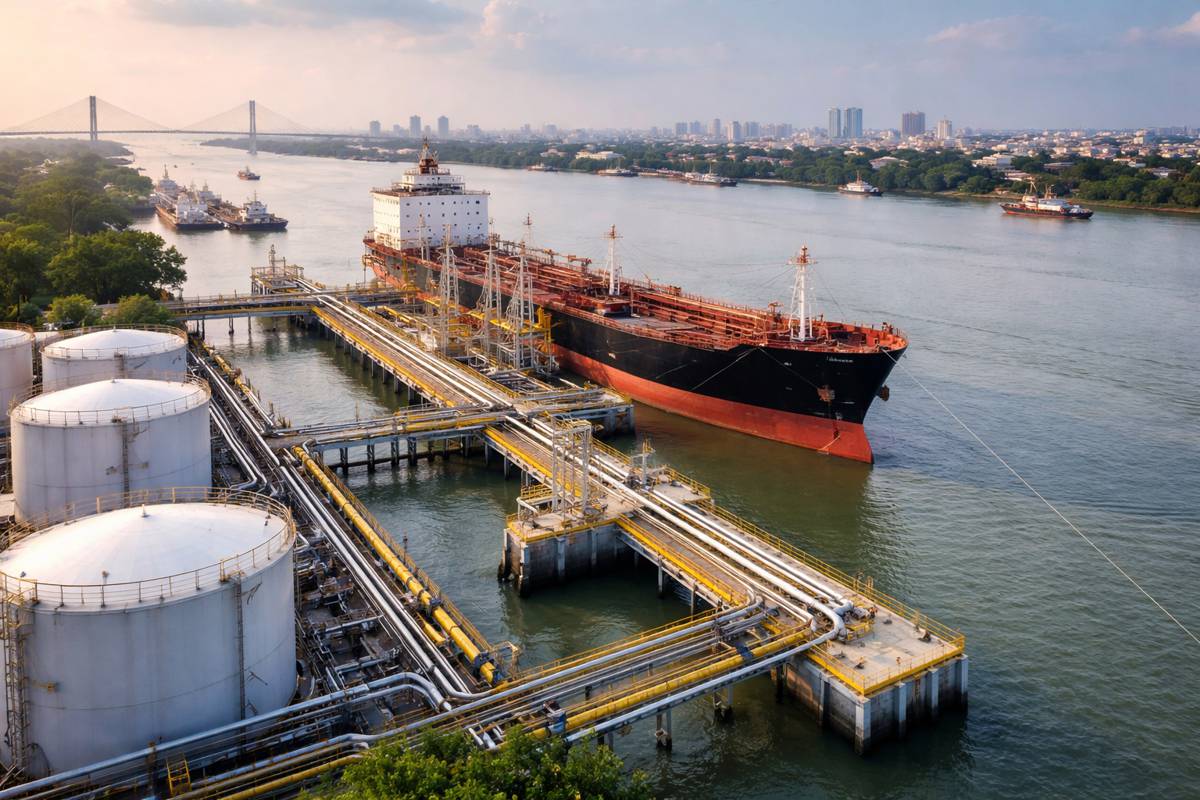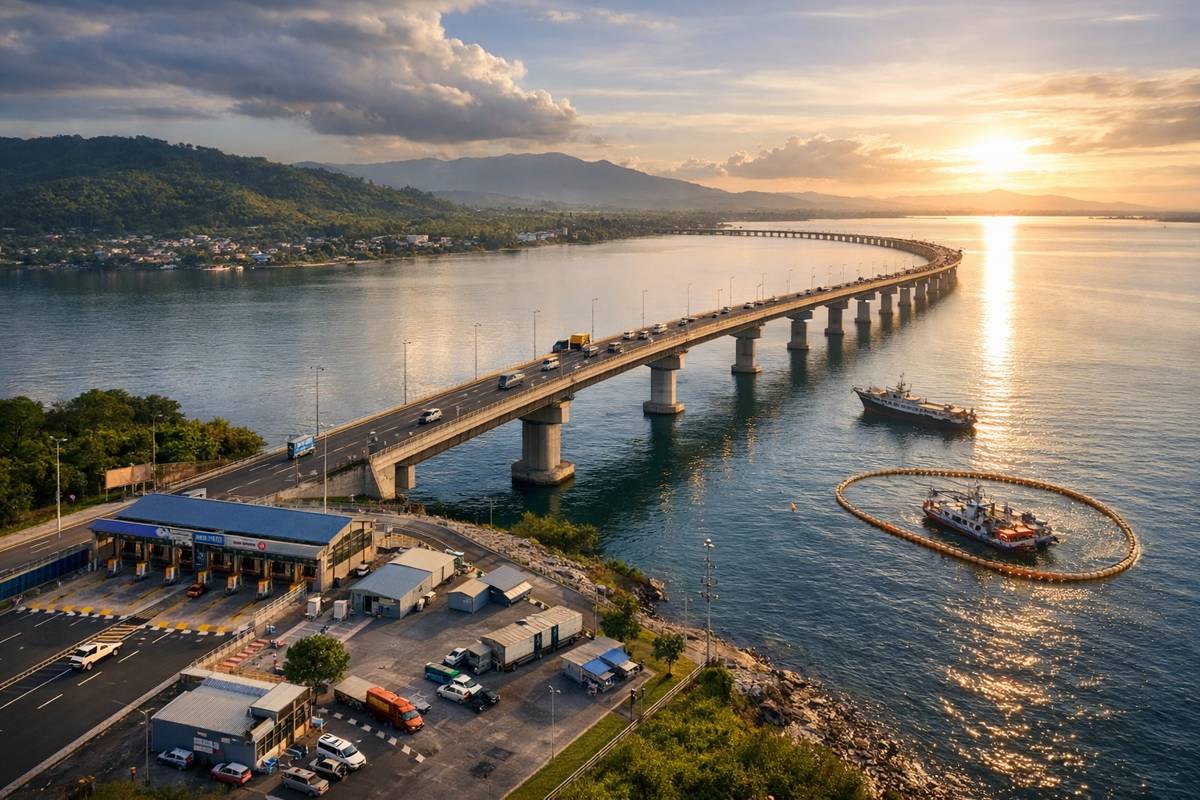Moldova Powering Ahead with €20 Million EV Charging Factory
Moldova is stepping firmly into the electric mobility arena with a landmark €20 million investment that will see the creation of its first electric vehicle (EV) charging station manufacturing facility.
Announced during Moldova Business Week 2025, the memorandum of understanding was signed between Zener Group (Republic of Moldova), New Energy Technology (China), and Horizon Auto, signalling a strategic milestone for the country’s industrial modernisation and energy transition.
The new facility, to be built in Strășeni, will produce advanced components for EV charging stations and energy storage systems, positioning Moldova as a vital contributor to Europe’s rapidly expanding green transport network. The project stands as one of the largest Chinese investments in Moldova to date, marking a new chapter in Sino-Moldovan economic collaboration.
Strengthening a High-Tech Partnership
The €20 million initiative underscores a growing partnership between Moldova and China, one that blends local expertise with international technology. This venture represents over 20 times the previous scale of Chinese investment in the nation, underscoring the shift in investor confidence and Moldova’s emergence as a credible, future-ready economy.
Mu Dayong, representative of New Energy Technology, said: “We are investing €20 million to build a modern, fully automated factory for the European market. Our goal is to develop a solid production base here for energy charging and storage technologies, contributing both to the development of the region and to the integration of the Republic of Moldova into European value chains.”
China’s growing interest in Moldova is rooted not only in its cost-effectiveness but also in its strategic nearshoring position. Located at the crossroads of Eastern and Western Europe, Moldova offers a logistical advantage for serving European customers while maintaining strong ties with Asian suppliers. This makes it an ideal location for high-tech manufacturing, especially in the clean energy and mobility sectors.
Driving Moldova’s Green Transition
The project’s focus aligns with Moldova’s ambitions to accelerate its green transition. With electric vehicle sales surging across Europe and governments tightening emission targets, the demand for reliable charging infrastructure and energy storage systems has never been higher.
Over the last five years, Moldova’s exports of EV components have increased by more than 50%, with the Netherlands, Romania, and Ukraine as key destinations. This trend demonstrates Moldova’s successful integration into European supply chains and its growing role in supporting the continent’s sustainable mobility goals.
Natalia Bejan, Director of Invest Moldova Agency, emphasised the strategic nature of the investment: “This investment confirms that the Republic of Moldova is ready to actively participate in global value chains. It validates the direction we have chosen, the technological advancement of industry and the development of high value-added sectors. The project not only demonstrates investor confidence in our business environment, but also strengthens Moldova’s position as a credible partner in the green transition and integration into the modern European economy.”
Economic and Employment Impact
Although the factory will rely heavily on automation, it is expected to create dozens of highly skilled positions in engineering, logistics, and production management. The wider benefits extend beyond direct employment, as the facility will stimulate demand for local suppliers and logistics firms, as well as encourage technology transfer and workforce upskilling.
The Strășeni plant will also serve as a catalyst for regional development. Local subcontractors in metal fabrication, electronics, and transportation will see increased demand, reinforcing Moldova’s position as a competitive hub for manufacturing in the green energy sector.
Nicu Danilov, co-founder of Zener Group, highlighted the project’s transformative potential: “This investment, carried out in partnership with New Energy Technology Co., marks a pivotal moment for Zener Group and for the economic development of the Republic of Moldova. Through the construction of the factory in Strășeni, we will produce advanced components for electric mobility infrastructure, creating dozens of skilled jobs and strengthening our country’s position in European value chains.”
Strategic Exports and Regional Integration
Once operational, the Strășeni factory will primarily focus on export markets across the EU, where demand for high-quality, locally produced EV charging equipment is accelerating. With the European Green Deal pushing for full electrification of transport by 2035, European nations are rapidly investing in domestic manufacturing to reduce dependency on imports.
Moldova’s position as a nearshore production hub offers European customers reduced logistics costs, shorter delivery times, and enhanced supply chain resilience, key factors in a post-pandemic world where supply disruptions exposed the vulnerabilities of global manufacturing.
Moreover, the project strengthens Moldova’s trade relationships with EU countries, improving its alignment with European industrial standards and fostering cross-border cooperation in research, development, and innovation. It’s expected that the facility will also serve as a testing ground for smart grid integration, renewable energy storage, and fast-charging technologies.
A Symbol of Moldova’s Investment Climate
This milestone investment reflects the growing appeal of Moldova as a destination for high-tech and sustainable projects. The government, through the Invest Moldova Agency, has been instrumental in facilitating dialogue with investors, streamlining approvals, and offering fiscal incentives to attract foreign capital.
Recent reforms in taxation, customs, and intellectual property protection have further improved Moldova’s business climate, aligning it with EU standards. These measures, coupled with competitive labour costs and an emerging pool of skilled engineers, have made the country a promising site for manufacturing and innovation.
According to the World Bank, Moldova has seen a steady rise in foreign direct investment over the past three years, driven by its push toward industrial modernisation, digitisation, and renewable energy adoption. The Strășeni factory stands as a flagship example of this transformation.
Boosting Bilateral Cooperation
The Moldova-China collaboration goes beyond simple capital investment. It embodies a deeper strategic partnership that could open doors for joint ventures in clean energy, battery manufacturing, and smart mobility systems. As part of the Belt and Road Initiative’s broader framework, such projects could help integrate Moldova more firmly into the Eurasian transport and logistics network.
China has already demonstrated a growing appetite for investing in Eastern Europe, with projects in Romania, Serbia, and Hungary spanning renewable energy and infrastructure. The Strășeni investment further cements this east-west corridor of green industrial cooperation.
A Green Future for Moldova
The establishment of the EV charging station factory is more than just an industrial development, it’s a statement of intent. Moldova is showing that it’s ready to step into the global clean technology ecosystem, armed with ambition and strategic partnerships that promise lasting benefits.
The project positions the nation as an emerging green manufacturing hub in the region, fostering innovation, creating jobs, and contributing to the European Union’s decarbonisation goals. With strong government backing, international collaboration, and a focus on sustainability, Moldova’s journey towards becoming a centre for electric mobility manufacturing is just beginning.
